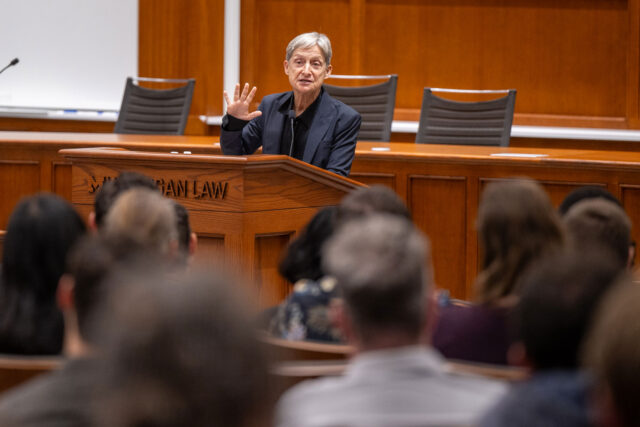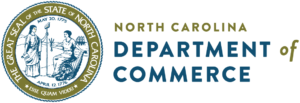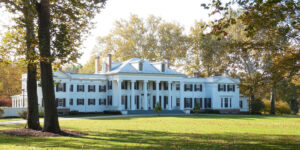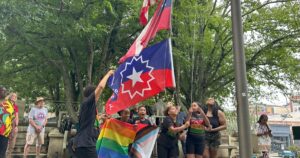Recent actions to suppress campus protests nationwide pose a risk to academic freedom and extramural speech, stated Judith Butler, a renowned philosopher and gender studies expert. Butler delivered this message during the 34th annual Davis, Markert, and Nickerson Lecture on Academic and Intellectual Freedom.
Butler, a faculty member at the University of California, Berkeley’s Department of Comparative Literature and Critical Theory Program, addressed over 300 attendees in-person and online on Nov. 14 at Honigman Auditorium, Hutchins Hall.
“Academic freedom is under attack, as are constitutional rights,” Butler said. They aimed to highlight the link between academic freedom and democracy’s health. The event, organized by the U-M Faculty Senate, honors three U-M faculty sanctioned in the 1950s for resisting congressional inquiries into their political views.

Butler’s lecture, “Academic Freedom in a Time of Destruction: Reconsidering Extra-Mural Speech,” examined the shifting role of universities in public dialogue and the challenges in distinguishing intramural from extramural speech. They started by discussing the implications of the U.S. presidential election.
“The American people have, by a clear majority, voted against democracy,” Butler declared, referencing an election outcome seen as undermining democratic principles. This trend, they argued, also threatens exploration and inquiry in higher education. Butler emphasized the need for shared governance between administration and faculty to uphold academic values.
“Governance decisions should involve faculty consultation,” Butler said, supporting the Faculty Senate’s censure of the Board of Regents for bypassing faculty on key decisions like arresting campus protesters and donor influences.
Butler criticized the ambiguity of “extramural,” asking what defines the boundary within modern universities. Faculty speech in academic versus non-academic settings can blur these lines, complicating the issue.
The conventions of academic freedom face risks from administrations influenced by donor funds or political alignment, Butler warned. “When faculty speech risks offending donors or politicians, academic freedom is at risk,” they said.

Butler also highlighted the destruction of educational institutions in Gaza, calling it “scholasticide.” While the U.S. isn’t experiencing this, it faces challenges like dismantling ethnic studies and questioning diversity, equity, and inclusion programs.
Addressing anti-Semitism allegations, Butler expressed understanding for those feeling unsafe on campus. They shared a personal experience of confronting differing views and emphasized the importance of open dialogue. Educational institutions, Butler argued, must accept criticism and protect protestors challenging university policies.
—
Read More Michigan News





